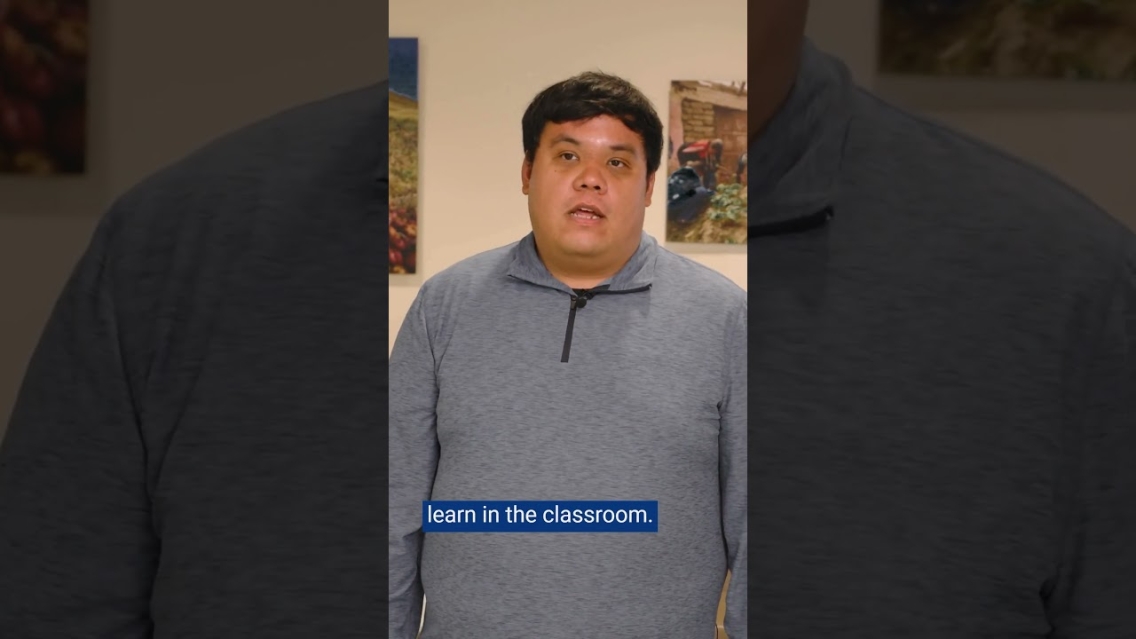New Online MA in Organizational Leadership Prepares Graduates to Lead in Our Complex, Globalized World
| by Sierra Abukins
The new asynchronous degree prepares students to move into higher-level leadership roles within their current organizations or build careers in leadership development.




